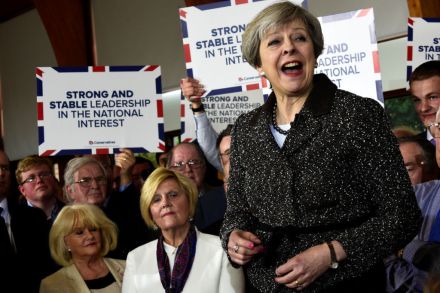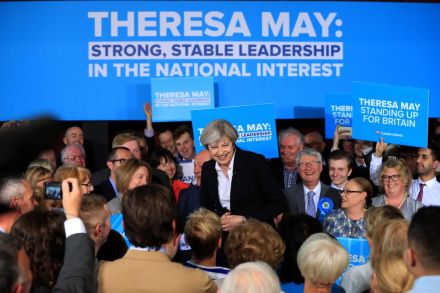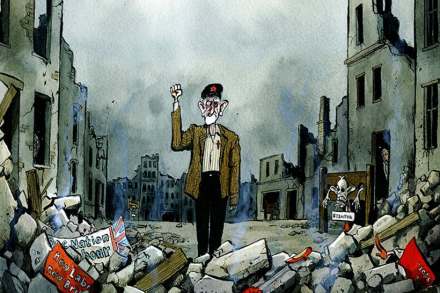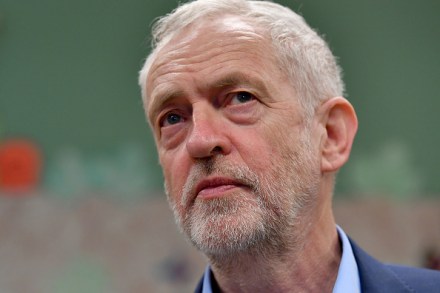Andy Street’s West Midlands victory is a big blow to Corbyn
Andy Street has won the race to become the new West Midlands mayor in a huge triumph for the Conservatives. Street’s victory was narrow – by only a few thousand votes out of the half-a-million or so cast – but his success is extraordinary for the Tories on a day of sweeping wins for the party across the country. Labour are already trying to spin this election as being hard-fought from the outset. The shadow chancellor John McDonnell has said that it was ‘always going to be close’. But make no mistake: this is an embarrassment for Jeremy Corbyn and the Labour party. Street beat Labour’s Sion Simon on what should have been the




















